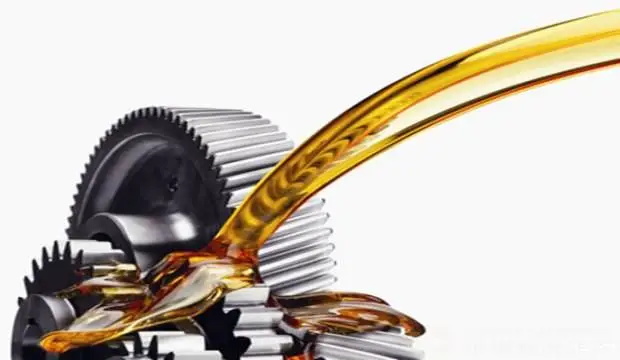E-mail seo@sino-purification.com

Time:2025-09-11 10:49:37 Reading volume:
The Electro-Hydraulic Control Oil System (EH System) is a critical component in modern steam turbines, particularly in units equipped with Digital Electro-Hydraulic (DEH) control systems. It serves as both the central nervous system and the power source for turbine operation. The reliability of the EH system is directly tied to the overall safety and efficiency of the power plant.
Simply put, without a stable and well-maintained fire-resistant oil system, the turbine cannot operate safely or effectively.
Below is a detailed overview of its key functions and why it is so vital:

The primary role of the EH system is to deliver high-pressure fluid power to operate the turbine’s main steam valves (MSVs) and control valves (CVs). These large valves must operate against high-pressure steam, requiring significant force to open and close accurately. The EH system supplies high-pressure fire-resistant oil (typically at 12–14 MPa) to hydraulic actuators (servo cylinders), enabling precise and rapid valve movements.
Modern turbines use a Digital Electro-Hydraulic (DEH) control system. The EH oil acts as the essential link between electronic signals and mechanical action:
Electronic Signal: The control system sends a command.
Hydraulic Conversion: An electro-hydraulic servo valve translates this signal into precisely controlled oil flow.
Mechanical Action: High-pressure oil drives the actuator, which in turn positions the steam valve.
In this process, the fire-resistant oil functions as both an energy transfer medium and a signal carrier—effectively the lifeblood of the control system.
The EH system is integral to turbine safety during emergencies such as overspeed or load rejection. It supports the Emergency Trip System (ETS):
When a trip signal is activated, system pressure is rapidly dumped.
This causes all steam valves to close immediately (within milliseconds) using spring force or accumulator backup.
This fail-safe hydraulic function is more reliable than purely electrical or mechanical systems for rapid shutdowns.
The EH system serves as the execution mechanism of the Emergency Trip System (ETS). Any failure—such as loss of oil pressure, contamination, or servo valve malfunction—can prevent emergency shutdowns and lead to catastrophic overspeed events, equipment damage, or even personnel hazards.
The system’s performance depends heavily on oil quality. Contaminants like particles or moisture can cause:
Valve sticking or hunting
Erratic load control
Reduced efficiency and availability
Clean, stable oil is essential for precise control and smooth operation.
Conventional turbine mineral oil poses a fire risk near high-temperature steam components. EH systems use phosphate ester-based fluids with high fire resistance (flash point ≈ 500–600°C). This greatly reduces the risk of fire in the turbine’s high-temperature zones.
Components like servo valves have micron-level tolerances, making them extremely sensitive to oil contamination. Degraded oil (high acidity, low resistivity) can:
Cause corrosion and sludge
Lead to valve blockages and system failures
Rigorous filtration and continuous oil conditioning are therefore mandatory.
So, The EH Oil System Is…
The Muscle: It supplies the force to operate heavy steam valves.
The Nervous System: It transmits control signals and converts them into mechanical motion.
The Safety Guard: It executes critical trip functions during emergencies.
The Fire Barrier: Its flame-resistant fluid enhances operational safety.
Conclusion: The EH oil system is not just important—it is a fundamental and non-negotiable part of safe and efficient turbine operation in modern power plants. Maintenance of this system, especially oil quality management, is treated as a top priority in plant operations.
Root Causes of Loss of Control in Vacuum Oil Purification Systems
How Industrial Oil Filters Remove Water and Impurities: A Comparison of Technical Principles
How to Choose the Right Industrial Oil Purifier: A Comprehensive Buyer’s Guide
How to Choose the Right Oil Purifier for Different Oil Types?
Double-Stage Vacuum Pumping: The Complete Guide to Transformer Maintenance